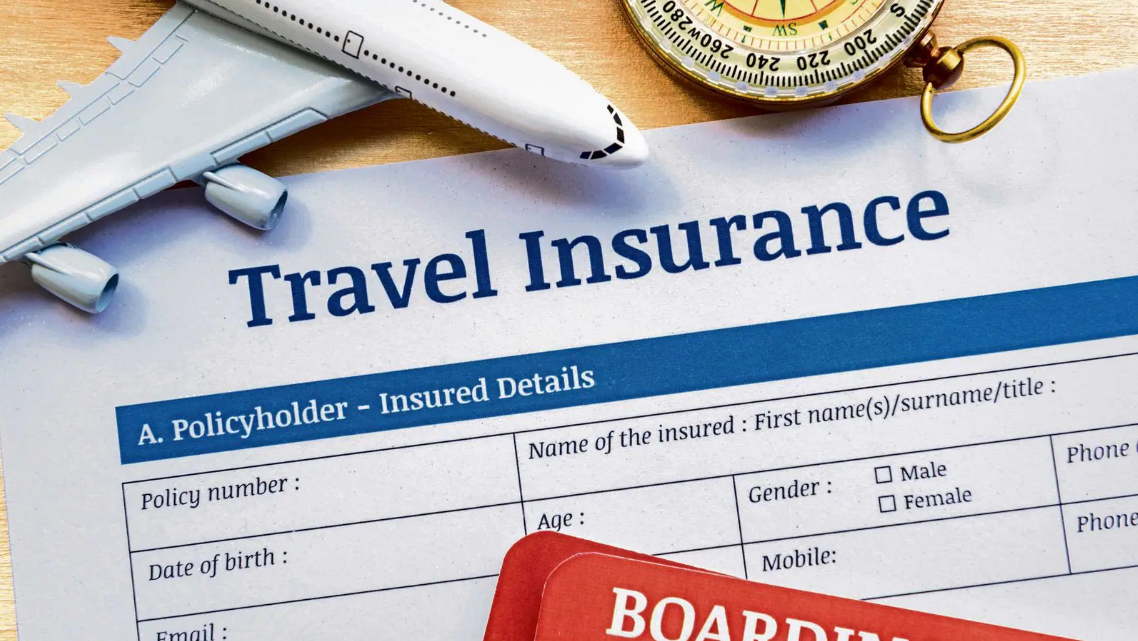Kids Are Back in Classrooms and Laptops Are Still Spying on Them
This is what high college instructors see when they open GoGuardian, a well-known program application employed to keep an eye on scholar activity: The interface is acquainted, like the gallery look at of a huge Zoom contact. But as a substitute of viewing teenaged faces in every single body, the trainer sees thumbnail pictures exhibiting the screens of each individual student’s laptop. They observe as students’ cursors skim across the traces of a sonnet or the phrase “chlorofluorocarbon” appears, painstakingly typed into a search bar. If a scholar is enticed by a distraction—an on the web sport, a stunt video—the teacher can see that much too and can remind the student to remain on task via a private information despatched via GoGuardian. If this university student has veered absent from the assignment a few way too several times, the teacher can consider distant management of the gadget and zap the tab by themselves.
University student-monitoring application has appear beneath renewed scrutiny above the study course of the Covid-19 pandemic. When learners in the US were being forced to continue on their schooling nearly, lots of introduced property faculty-issued devices. Baked into these devices was program that can let teachers to view and manage students’ screens, use AI to scan textual content from pupil e-mail and cloud-based files, and, in serious scenarios, ship alerts of probable violent threats or mental wellbeing harms to educators and community law enforcement immediately after faculty hrs.
Now that the the greater part of American students are lastly going back again to school in-individual, the surveillance software that proliferated during the pandemic will stay on their college-issued gadgets, the place it will proceed to view them. According to a report released currently from the Heart for Democracy and Know-how, 89 % of academics have explained that their faculties will proceed employing pupil-checking software program, up 5 proportion factors from previous 12 months. At the exact same time, the overturning of Roe v. Wade has led to new concerns about digital surveillance in states that have designed abortion treatment unlawful. Proposals focusing on LGBTQ youth, such as the Texas governor’s phone calls to examine the family members of young children trying to find gender-affirming treatment, elevate more worries about how info collected as a result of college-issued devices may be weaponized in September.
The CDT report also reveals how monitoring software program can shrink the distance between school rooms and carceral programs. Forty-4 percent of academics reported that at least a single scholar at their school has been contacted by regulation enforcement as a outcome of behaviors flagged by the monitoring software package. And 37 % of instructors who say their school takes advantage of action checking outside of common hrs report that these types of alerts are directed to “a 3rd occasion centered on general public safety” (e.g., local law enforcement division, immigration enforcement). “Schools have institutionalized and routinized regulation enforcement’s entry to students’ facts,” says Elizabeth Laird, the director of equity in civic technology at the CDT.
US senators Elizabeth Warren and Ed Markey have lately raised worries about the software’s facilitation of speak to with legislation enforcement, suggesting that the products may also be applied to criminalize pupils who search for reproductive wellness methods on faculty-issued gadgets. The senators have sought responses from 4 major monitoring providers: GoGuardian, Gaggle, Securly, and Bark for Universities, which collectively access countless numbers of school districts and hundreds of thousands of American college students.
Popular worries about teen mental health and faculty violence lend a grim backdrop to the again-to-college period. Following the mass capturing at an elementary university in Uvalde, Texas, Congress handed a legislation that directs $300 million for universities to reinforce security infrastructure. Checking businesses converse to educators’ fears, typically touting their products’ capability to zero in on would-be pupil attackers. Securly’s web site presents educators “AI-driven insight into student activity for e-mail, Google Travel, and Microsoft OneDrive information.” It invitations them to “approach pupil basic safety from every angle, across just about every system, and identify pupils who may be at threat of harming on their own or other people.”
See Me Right after Class
In advance of the Roe determination brought far more focus to the threats of digital surveillance, lawmakers and privateness advocates have been by now involved about university student-checking software program. In March 2022, an investigation led by senators Warren and Markey found that the four aforementioned companies—which sell electronic pupil-checking companies to K-12 schools—raised “significant privacy and fairness worries.” The investigation pointed out that low-earnings college students (who tend to be disproportionately Black and Hispanic) count a lot more greatly on school gadgets and are exposed to a lot more surveillance than affluent learners it also uncovered that colleges and companies were being typically not required to disclose the use and extent of their checking to students and dad and mom. In some circumstances, districts can opt to have a corporation send out alerts immediately to legislation enforcement rather of a faculty speak to.
Students are frequently unaware that their AI hall monitors are imperfect and can be misused. An investigation by The 74 Million uncovered that Gaggle would deliver students warning e-mails for harmless material, like profanity in a fiction submission to the college literary magazine. One high school newspaper described that the district employed checking software package to expose a student’s sexuality and out the university student to their mother and father. (Today’s CDT report exposed that 13 % of learners realized somebody who had been outed as a end result of university student-checking software program.) A Texas scholar newspaper’s editorial board argued that their school’s use of the software package may possibly prevent college students from trying to find psychological health and fitness aid.
Also disquieting are the accounts of monitoring software breaching students’ after-school life. Just one affiliate principal I spoke to for this tale suggests his district would acquire “Questionable Content” e mail alerts from Gaggle about pornographic photos and profanities from students’ text messages. But the students weren’t texting on their faculty-issued Chromebooks. When administrators investigated, they figured out that although teenagers were home, they would demand their telephones by connecting them to their laptops by using USB cables. The teenagers would then proceed to have what they thought to be non-public conversations by way of textual content, in some instances exchanging nude shots with important others—all of which the Gaggle program managing on the Chromebook could detect. Now the faculty advises pupils not to plug their individual devices into their university-issued laptops.
This pervasive surveillance has generally been disconcerting to privateness advocates, but the criminalization of reproductive wellness care in some states helps make individuals challenges far more acute. It is not tough to envision a college student who lives in a condition where by ending a being pregnant is illegal employing a look for motor to obtain out-of-state abortion clinics, or chatting on the net with a buddy about an unplanned pregnancy. From there, lecturers and directors could consider it upon them selves to advise the student’s mum or dad or regional legislation enforcement.





